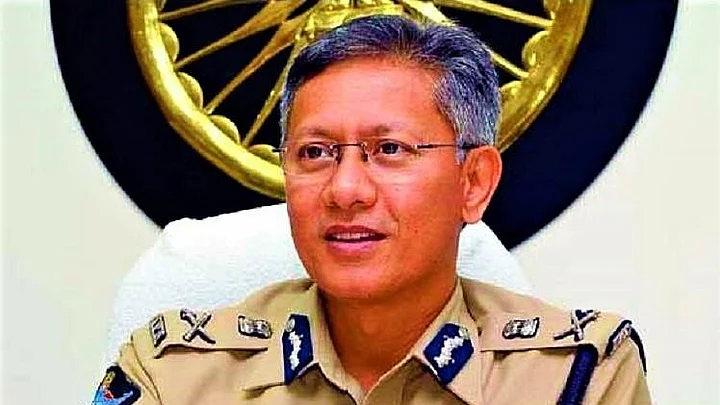In a major announcement, the Vijayawada police had on Wednesday said that they were investigating the involvement of alleged Pakistani agents, operating through Voice Over Internet Protocol (VoIP), to gather sensitive information.
Speaking off the record, police officials said that they suspected agents from Pakistan, were trying to gather information about military agencies in Kashmir.
The Hindu reported that the Military Intelligence Police of J&K reportedly alerted the Andhra Pradesh police saying it received suspicious calls through the VoIPs being operated from Vijayawada, following which raids were conducted, VoIP routers were seized, and 10 people were taken into custody.
Speaking to ToI, a senior cop said, "Earlier this month, an intelligence pertaining to suspicious illegal VoIP exchanges being run in Gunadala area of Vijayawada was shared with us. It was learnt that these exchanges enabled callers from other countries call an Indian numbers by hiding their identity and showing some Indian numbers to their receivers instead."
Apart from being a security concern such exchanges cause huge financial loss to the exchequer by providing an illegal alternative to other recognised means of making international calls to India.Senior Police Officer, talking to the Times of India.
“We are working on some inputs on VoIP exchanges diverting foreign calls as local calls from Vijayawada. The police are trying to establish the links of the operators,” Vijayawada Police Commissioner D Gautam Sawang was quoted as saying.
However, he refused to elaborate on the matter.
Earlier this week, the city’s South Zone task force police busted a VoIP racket, involving diversion of international calls through mobile networks, from Moghulpura, Tolichowki and Golkonda.
By using fake SIM cards the accused were routing calls from different countries, the mobile numbers of which were unable to be traced by local service providers. It also poses a severe threat to the country’s security as the original details of the caller are terminated and substituted with the local Internet Protocol (IP) address, thus leaving the caller untraced.S Chaitanya Kumar, Additional Deputy Cmmissioner of Police, Task Force, South Zone.
(This article was originally published on The News Minute.)
(At The Quint, we question everything. Play an active role in shaping our journalism by becoming a member today.)
